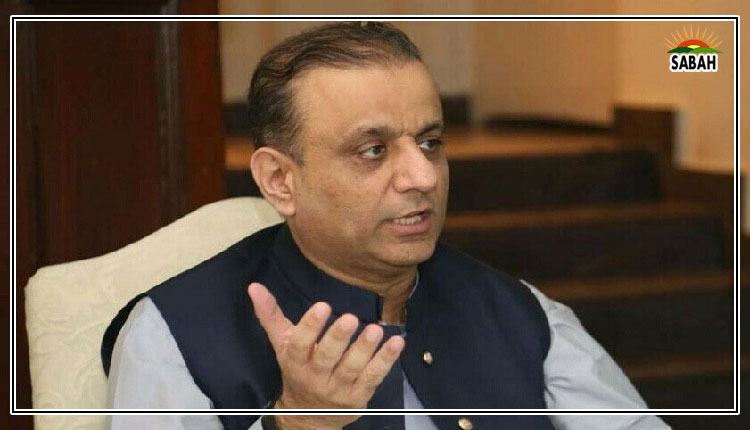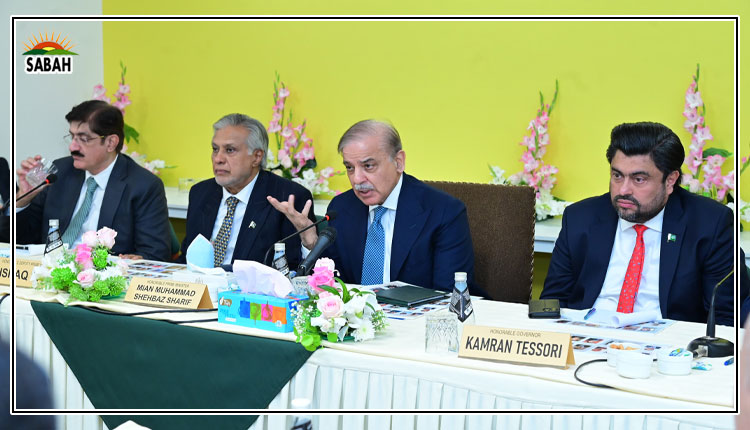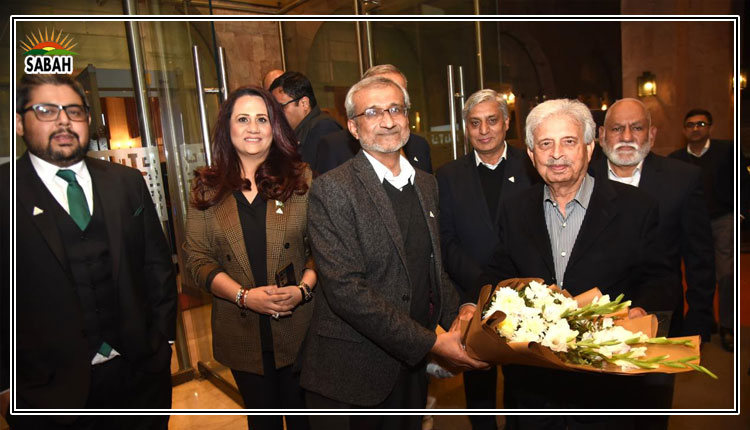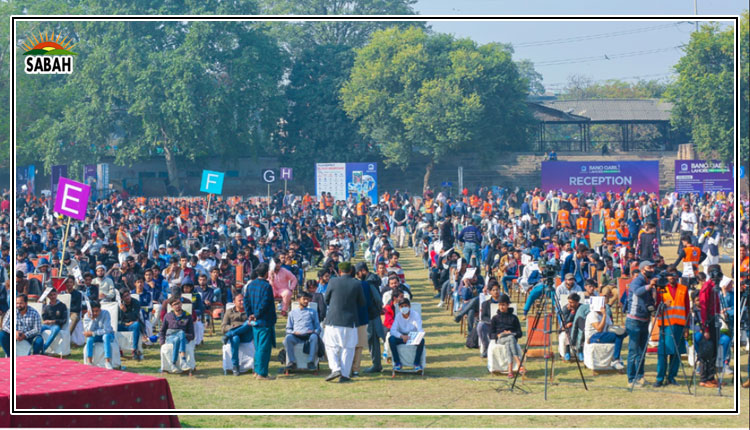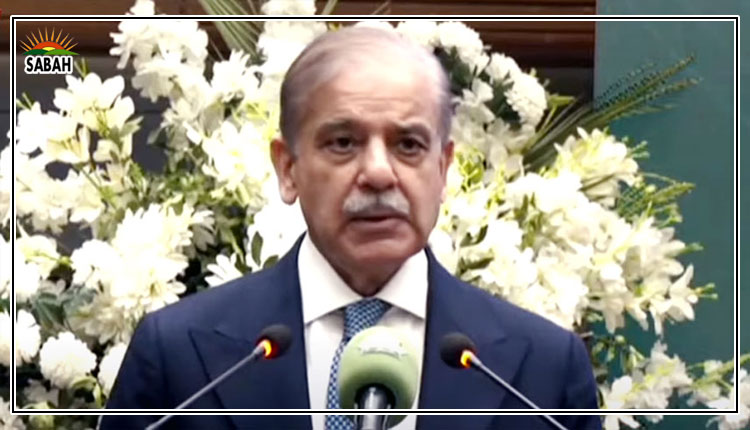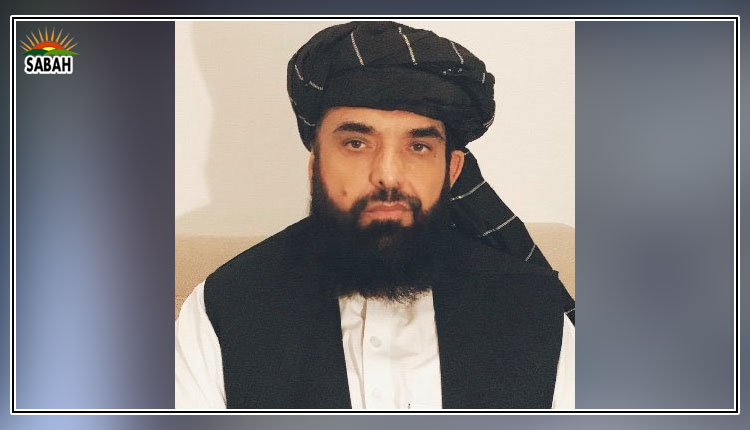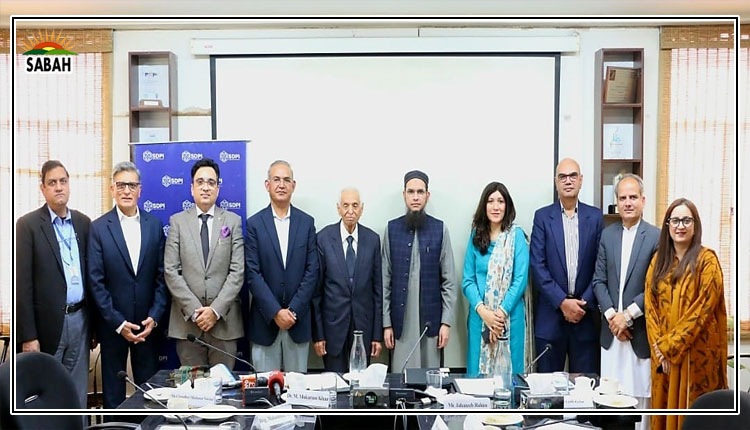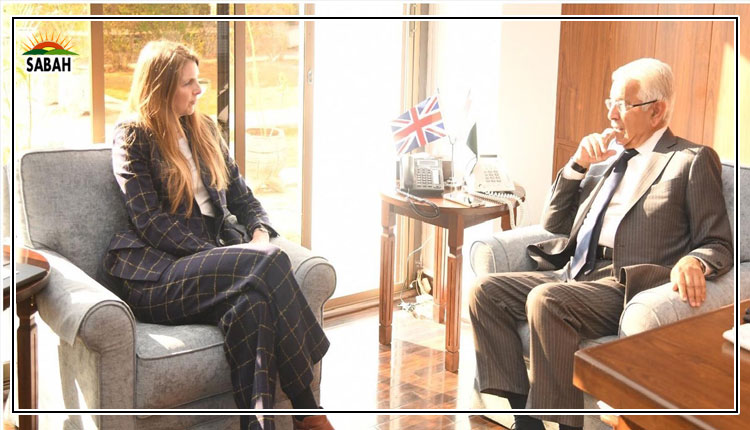The smell of disdain…Muhammad Hamid Zaman
I was in Karachi in late January and had the opportunity to speak to community workers who take care of those who we all would rather never think about. Someone mentioned the tragic deaths of a dozen or so people, including children, in Ali Mohammad Goth in Keamari. There were rumours about toxic fumes, illegal factories and a customary cover-up. The whole thing appeared in some newspaper for a moment and then disappeared in the deafening noise of palace intrigue, predictions, name calling and large egos.
In early February, a report came in Vice, led by Zuha Siddiqui and with the help of Sahar Ghazi, that did an amazing job in explaining the story up until that point, what was the likely cause, and how the investigation was unfolding. The official version from the provincial environmental agency was linking the sudden deaths to a measles outbreak a scenario that was as unlikely as it was offensive. Explaining sudden deaths as an inevitable cause due to underlying conditions or a result of being a bad patient is not a new tactic by authorities. Over a decade ago in late 2012, deaths due to consumption of a poisonous cough syrup that was sold in the market were blamed on the poor patients wayward behaviour. The official version painted the dead as drug addicts rather than those who were failed by the system. Many were fine accepting that version after all a whole lot of us in the society firmly believe that poor are poor because they are incapable of making good decisions.
The final comprehensive report on Keamari deaths that came out last week clearly articulates that it was not measles or any other pathogen. It was not asthma or any other chronic disease. It was toxic fumes, released by a factory, in the neighborhood that led to the deaths of 18 people, most of them between the ages of two and four. This tragedy that was completely avoidable must hold many to account. This includes those who set up an illegal factory, those who refused to enforce the environmental regulation laws, and those who tried to derail the investigation. But there are others too who are guilty here. The fact that adequate care was unavailable in the neighborhood is unacceptable and cannot be dismissed as status quo. But I do not think it should end there. The media should do some serious self-reflection on why this has not been more in the news. Is it because the nameless children were poor and the death of the poor from negligence is the norm and not a piece of news. Was it because the powerful were somehow involved as either being complacent or complicit? Or because when it comes to what sells it is the inane news conferences with bombastic rhetoric and no substance, not the deaths of innocent children?
What we need at this stage is not simply justice for those who have suffered, but also justice for those who are suffering and will continue to be at the mercy of our negligence and apathy. If I say that we need to seriously audit the environmental release of other factories and make sure that they are compliant with the rules, people are most likely going to laugh at me. They will remind me that this does not, and cannot, happen in Pakistan. But we must ask, why not? I can assure you, every single answer to that is fundamentally a defeatist one. Every single excuse to why we cannot care for the vulnerable is rooted in a sense that not all people are worthy of taking care of, not all lives are worthy of saving. We can smell that disdain everywhere.
Courtesy The Express Tribune


